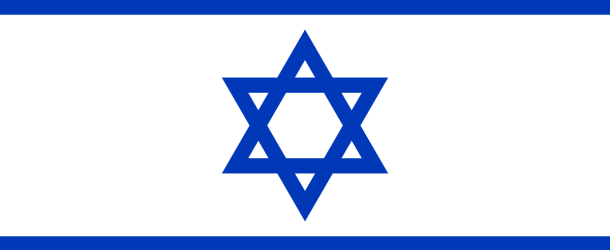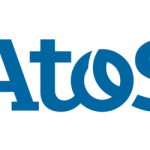Israel’s outsize global footprint in quantum science and technology

(PhysicsToday) Israel’s supportive government, available capital, and world-class academic institutions are some of the factors behind the nation’s quantum ascendance.
It’s no accident that Israel is punching above its weight in quantum fields. The Knesset committed 1.25 billion shekels ($400 million) to a five-year National Quantum Initiative, which kicked off in late 2019. Tal David, an experimental physicist who heads the initiative, says it gained a boost from Israel’s economic stimulus program during the COVID-19 pandemic. The program includes $60 million to build the country’s first quantum computer, which is expected to consist of 30–40 qubits. Assembly is due to get underway early next year.
“We don’t aspire at least in the next few years to beat IBM or Google,” says David. “We need to first form a basis for an ecosystem in Israel and that will be the purpose of the project. Maybe in a few years, we’ll be able to jump into the deep end of the pond and compete with the big ones.”
Today 60% or more of the initiative’s funds is spent in academia, says David. Israel consistently ranks high alongside leading European nations by such measures as citations and the number of grants in quantum fields awarded by the European Research Council, of which it is an associate member.
But the initiative’s center of mass is beginning to shift to industry, David says, which should further stimulate the explosive growth of the last two years, during which the number of Israeli firms working in quantum tech surged from 5 to 30. The new entries span the gamut of hardware and software for defense and civilian applications.
Attracting $75 million in private investment to date, three-year-old Quantum Machines ranks among the top quantum startups in the world. Mellanox Technologies, which entered the quantum communications business two years ago, was acquired by Nvidia in 2020. Most of the tech giants, including Microsoft, Google, Amazon, Intel, and others, have R&D centers in Israel that serve as spawning grounds for new quantum companies.
The Israeli army, air force, and intelligence community are the “backbone of the [quantum] industry,” Cohen says. The military is both a consumer of quantum technology and a source of technical talent for startups. The government-owned defense contractor Rafael Advanced Defense Systems has technology-sharing agreements with academic institutions, including BGU and the Weizmann Institute of Science. Israel’s defense industry began taking an interest in quantum sensing about a decade ago, says Nir Davidson, a Weizmann physicist.
A similar consortium is organized around quantum cryptography, where David says activity is “moving much faster than we anticipated” from universities to industry, and into applications in large organizations and the government.
By teaching Israelis how to team up to accomplish tasks, mandatory service in the Israel Defense Forces also contributes to the nation’s tech success, says Folman. “They learn to complement and trust each other.” But that’s not enough, he adds. “At the end of the day, you need innovation and ingenuity. People in Israel are very passionate about innovation.”
Paradoxically, another reason for Israel’s big presence in tech may be its tiny size. “The maximum distance between universities here is like 200 kilometers,” says Lev. “People know each other, and people are always looking for the next thing, and around them you have a vibrant community.”



















